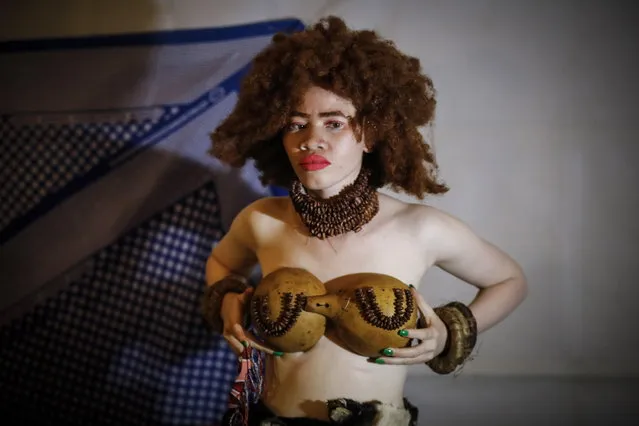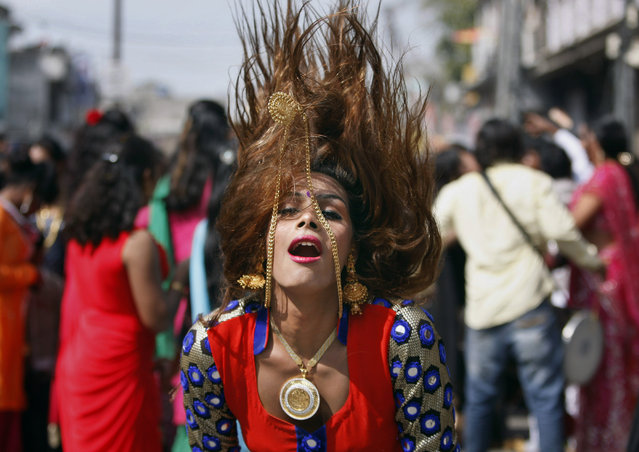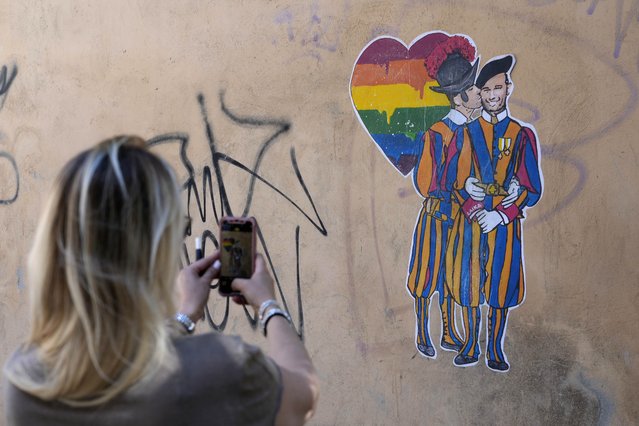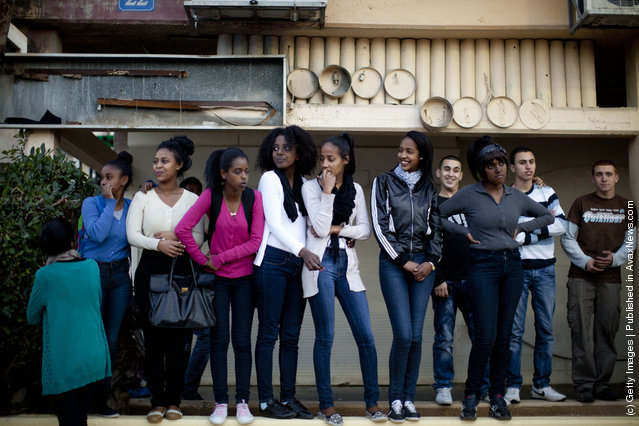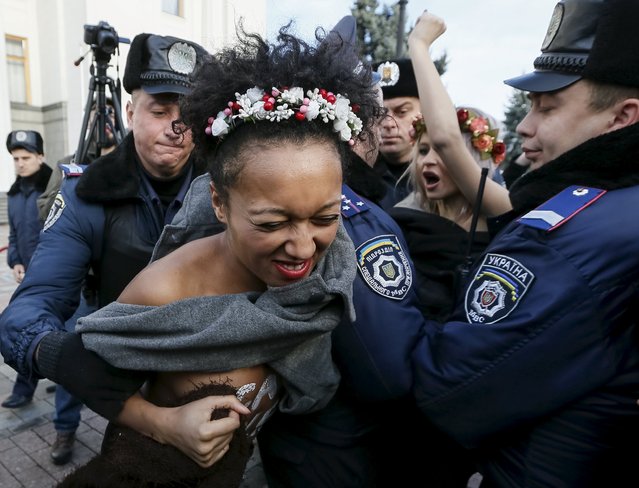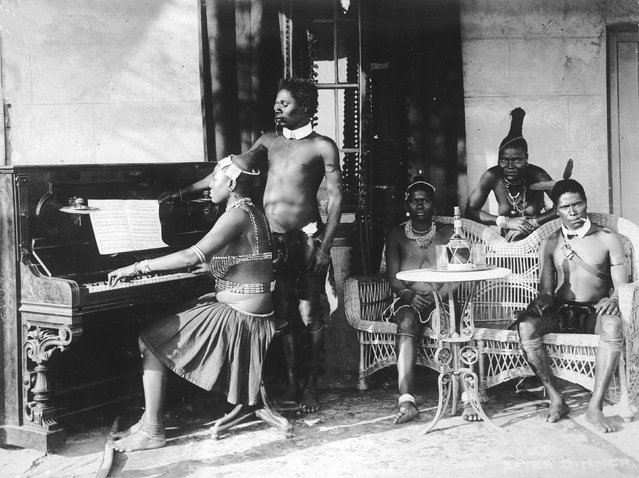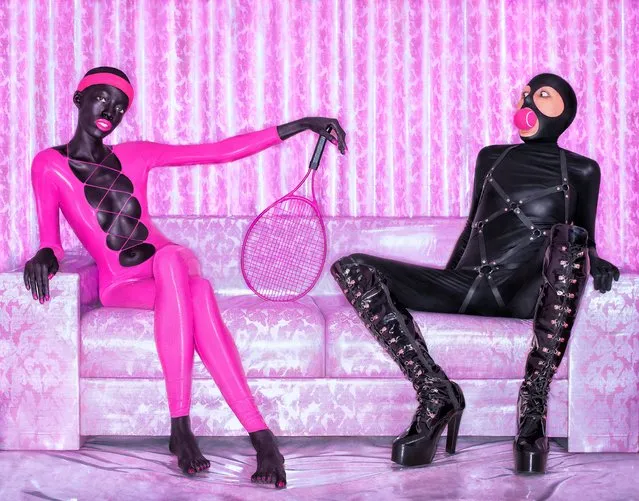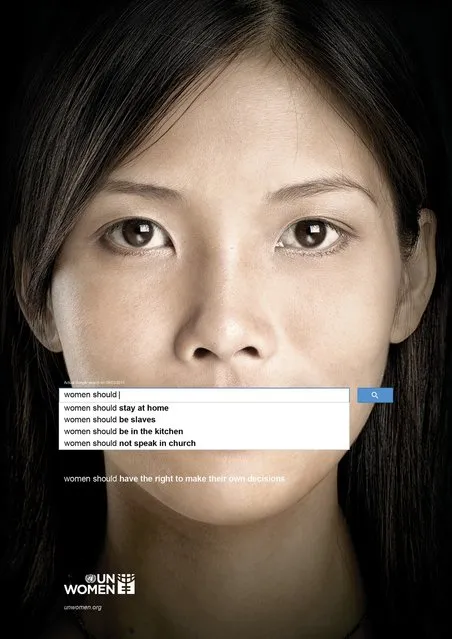
“A series of ads, developed as a creative idea for UN Women by Memac Ogilvy & Mather Dubai, uses genuine Google searches to reveal the widespread prevalence of sexism and discrimination against women. Based on searches dated 9 March, 2013 the ads expose negative sentiments ranging from stereotyping as well as outright denial of women’s rights”. – UN Women. (Photo by Ogilvy & Mather, Dubai, UAE/UN Women)
19 Nov 2013 09:02:00,post received
0 comments

